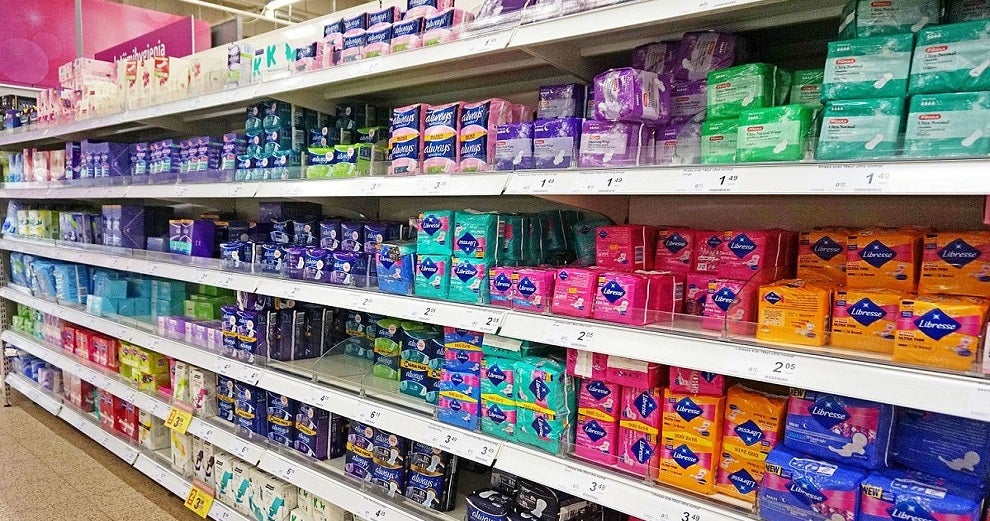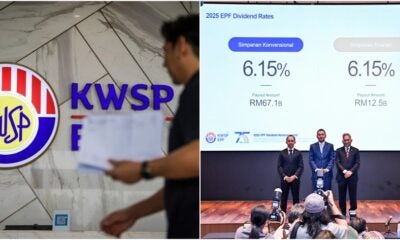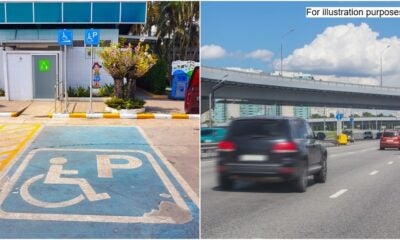So, it’s been a good 3 years since the Goods and Services Tax (GST) was first implemented. Malaysians have been paying a 6% tax for specific products that aren’t deemed “necessities” or “essential” ever since the GST Act was enforced.
However, it is curious that this tax covers feminine hygiene products like sanitary pads. Are these products not considered a necessity when nearly half of the country’s population depends on them?
Well, let’s start with seeing how these products are being classified in the first place!
1. Pads are categorised under “beauty and health” in the list of taxable products
According to the list of taxable and non-taxable goods released by the Royal Malaysian Customs Department in 2015, sanitary pads and pantyliners are categorised under “beauty and health” and are therefore subject to 6% GST.
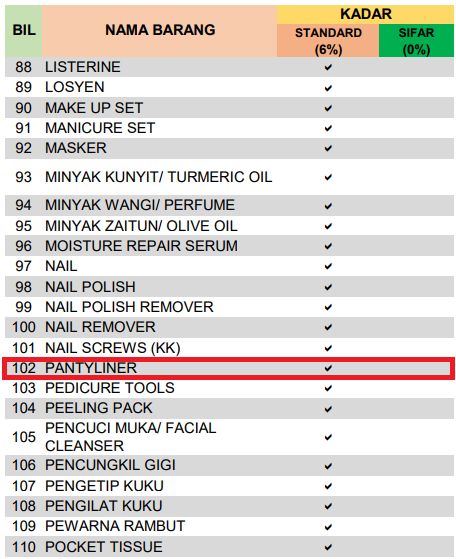
Source: ctim. Org
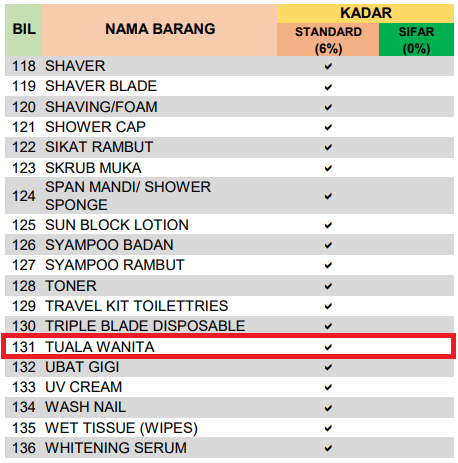
Source: ctim. Org
When this act was first implemented back in 2014, many eyebrows were raised over the inclusion of feminine hygiene products like pads and pantyliners under taxable items.
So, what are people saying about this, then?
2. Malaysians argue that taxing these products limits their accessibility
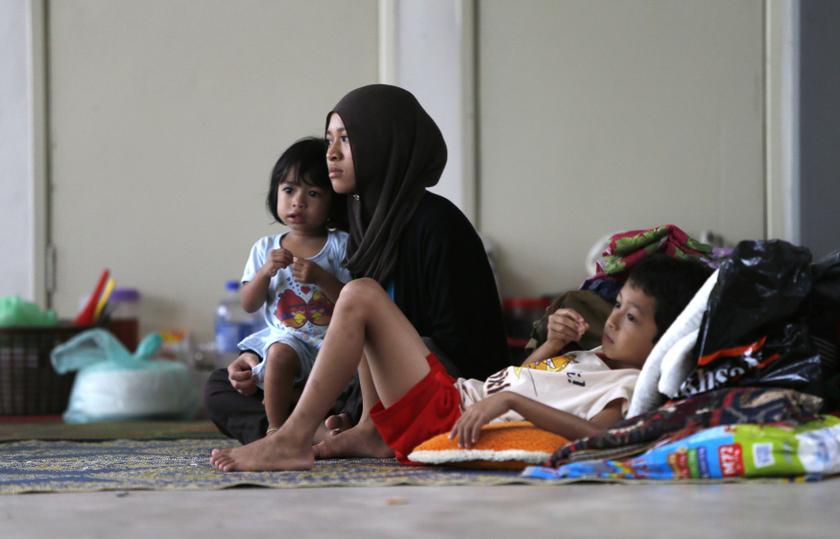
Source: mmo
To this day, Malaysians have expressed their frustration over imposing GST on what should be considered a necessity, since periods are a natural bodily function.
In light of this, petitions were made to get the Malaysian government to remove the tax on feminine hygiene products. One petition in question garnered over 14,000 signatures from locals all over the country. An excerpt from their statement on the petition reads,
“Taxation implements a monetary discouragement that lessens the product’s accessibility and affordability.”
“It is therefore damaging to stand by a tax that restricts the public’s access to basic healthcare that constrains their ability to consume products that would otherwise assist in their monthly cycles.”
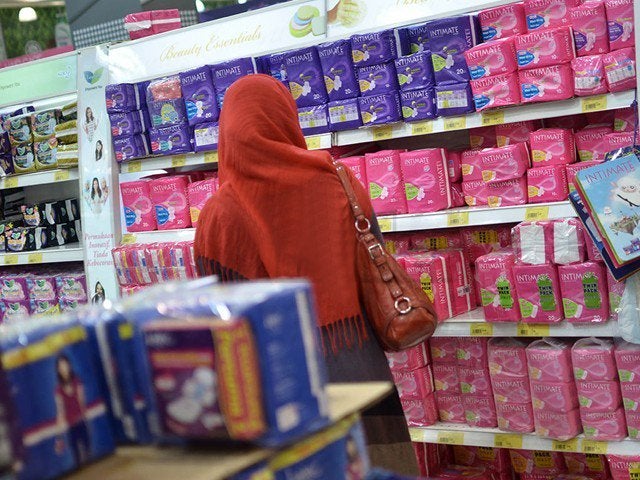
Source: the express tribune
It is certainly true, as a large number of women from low-income backgrounds, particularly homeless women, find it even harder to manage their periods due to expensive sanitary products. Coupled with the taboo surrounding menstruation, it can really debilitate their day-to-day lives.
As Amanda Klasig, a senior women’s rights researcher at Human Rights Watch, said,
“People who make policy and run programs – and even human rights advocates – often don’t fully understand the impact a woman’s monthly period may have on her ability to go about her life if she doesn’t have what she needs to manage it.”
Despite this alarming reality, we can’t help but wonder…
3. Is this issue even being taken seriously?
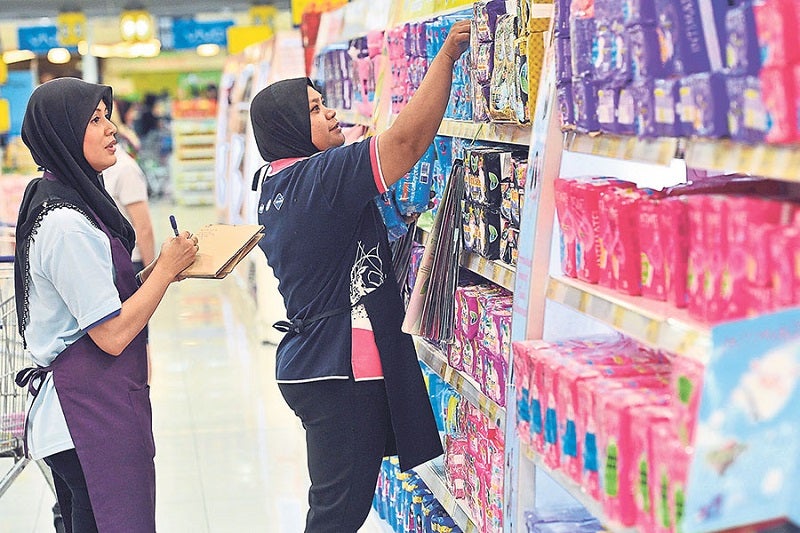
Source: mmo
When GST was on the brink of its implementation in Malaysia, many female constituents in parliament were concerned about paying taxes for feminine hygiene products, according to Free Malaysia Today.
Bintulu MP Tiong King Sing addressed this in parliament, saying,
“Kotex (sanitary napkins) will cost more… the women grumbled that they would then have to pay GST every month! … and many other things such as tomato sauce, chili sauce, sharpeners, pencils and toilet cleaners.”
“They said they are confused and asked whether these things will be charged GST.”

Source: youtube
His statement drew laughter from the audience. Clearly, the way this issue was addressed caused a lot of discomfort among women, who pointed out that it was derogatory and invalidating their experiences.
Since a large majority of Malaysians cannot understand why this issue is being taken lightly, we wonder if other countries are facing the same thing.
4. Are other countries also being taxed for menstrual products?
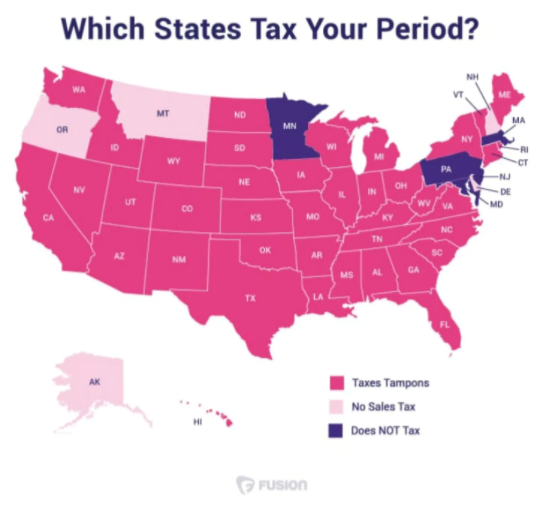
Source: washington post
Well, as you probably would have guessed, Malaysia is definitely not the only country with taxes imposed on feminine hygiene products.
In the United States for example, most states in the country impose taxes on tampons and other menstrual products, as they aren’t considered “necessities”, according to the Washington Post.
Unfortunately, countries like Australia and the United Kingdom also face this tax, and is expected to keep this tax for at least another three years despite vocal protests from women all over the nation.
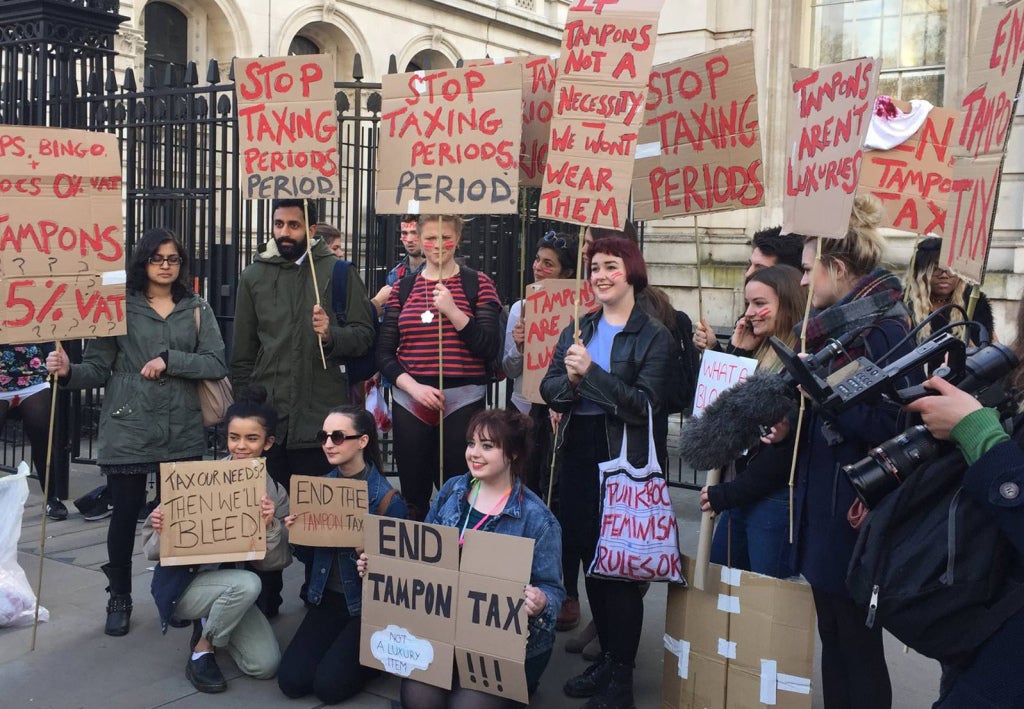
Source: women in the world
On top of that, in India, sanitary pads have a whopping 12 per cent GST imposed on them, and this has been subject to nationwide debates as well.
Sigh. Although this is something that a lot of other countries are going through, it sure is frustrating paying a tax for something we have absolutely no control over.
5. So, how lah?
Believe us, we know the struggle of trying to save money while bleeding once a month. Anyone with a uterus knows for a fact that these items are a necessity, and we need to fork out extra cash for it. However, we do have some solutions that can help you save some cash in the long run!
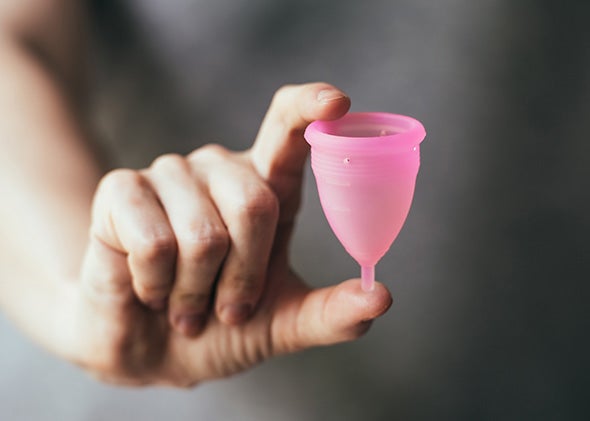
Source: slate
We’re sure most of you are familiar with some alternative menstrual products, but if you aren’t, you should definitely try some of these environmentally-friendly, reusable products. They may cost a little extra, but they definitely help you save more money over time!
- Menstrual cups (check out this local online store, find out how to use one here)
- Reusable pads (buy one here)
- Sea sponges (check out this store here)
Times are definitely tough, and paying extra for something we have no control over can definitely take its toll on us, financially. If you’re keen on seeing what you can do to resolve this issue, talk to your local representative to let them know that this issue is valid!
Also read: Malaysians Will Probably Have to Pay GST for Netflix and iflix Soon

